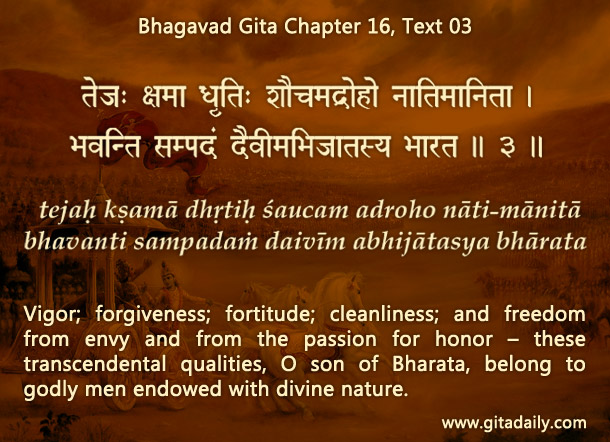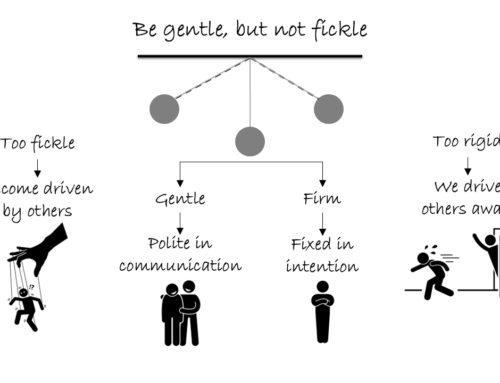Forgiveness is often commended as a stellar virtue, as in the Bhagavad-gita (16.03). However, forgiving often seems difficult because we equate it with forgetting. And forgetting frequently feels impossible and even undesirable.
When forgetting is impossible: Suppose we were scarred when someone attacked us violently. We can’t wish away that scar. And sometimes, treatment may not erase it either. Similarly, we may get emotionally scarred when someone hurts us grievously. And the hurt may run so deep that forgetting it may be impossible. If we deem forgetting necessary for forgiving, we can’t avail the healing power of forgiveness.
If we remain unforgiving or vengeful, we let the past hurt replay repeatedly in our mind. Such replaying is like rubbing a physical scar – it perpetuates the wound.
In contrast, if we choose to forgive, treating the past as a closed chapter, we cut off the power for the mental replay of the hurt. When we thus allow the emotional scar to heal, it gradually becomes like a healed physical scar – the memory remains, but it doesn’t hurt, or at least doesn’t hurt that much.
When forgetting is undesirable: Forgetting can be disempowering. Such is the case of those suffering from dementia, wherein they can’t access most of what they have learnt in the past. Forgiving isn’t meant to make us demented.
If we are to learn from our past, we need to remember it. But we need to remember it constructively, without getting emotionally fixated on it. Forgiving ends our emotional fixation – it frees us from the compulsion to hold the past in front of the other person or even in our own head.
By thus opening the door for healthy recollection without unhealthy agitation, forgiveness helps us learn what needs to be learned and move on with our life.
To know more about this verse, please click on the image
Explanation of article:

Podcast:



Thanks for the wisdom.